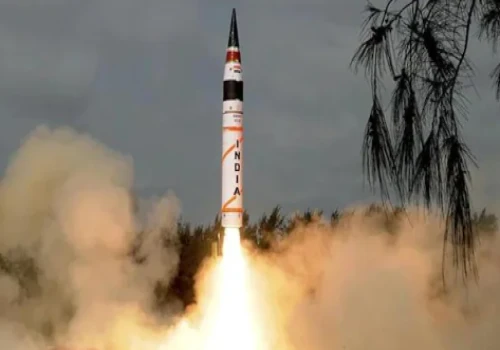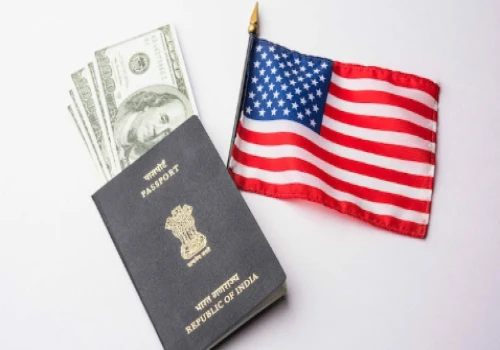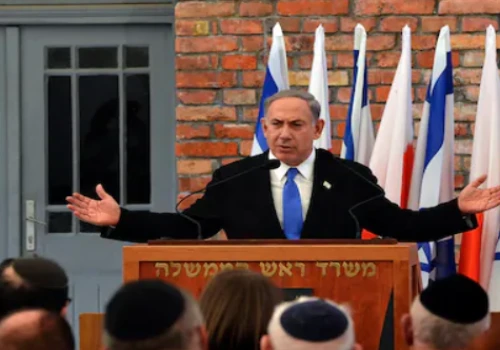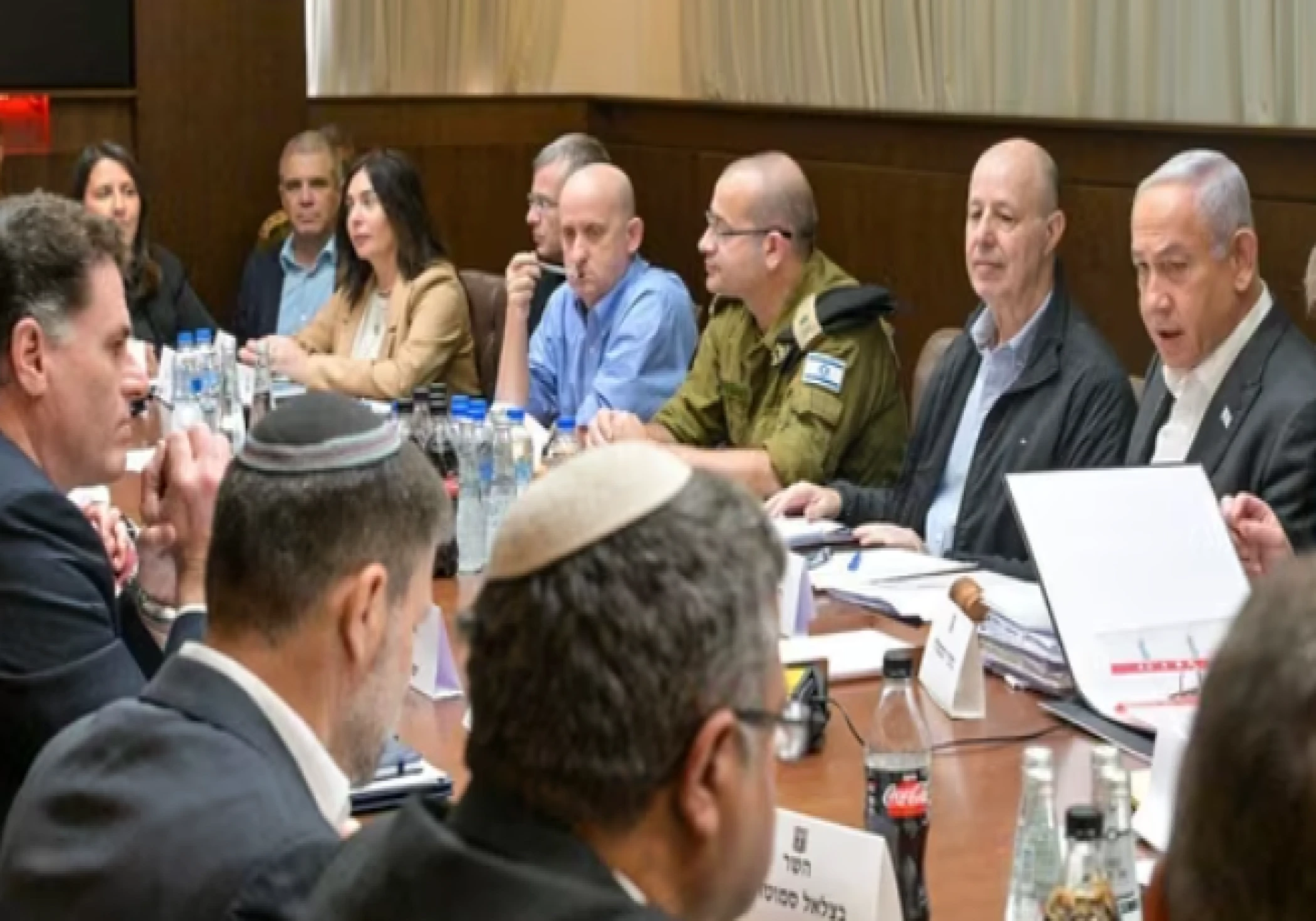
The ceasefire agreement with Hamas, which will take effect on Sunday, January 19, and involves a number of hostage exchanges, was accepted by Israel's government on Saturday, marking a major step towards the conclusion of the 15-month-long war in Gaza.
The deal, which calls for a six-week ceasefire—a crucial part of a three-phase strategy aimed at freeing hostages and prisoners—was announced by Prime Minister Benjamin Netanyahu's office after more than six hours of discussions on Saturday.
Although several conservative ministers strongly opposed the agreement and voted against it, 24 members of Netanyahu's cabinet voted in favour of the ceasefire. The deal needs two rounds of approval, and the Israeli security cabinet had already given its support on Friday.
33 Israeli hostages, including women, children, and men over 50, will be released by Hamas as part of the ceasefire agreement. Israel will release any Palestinian women and children under 19 who are detained in Israeli jails in return. Over 46,000 people have died and millions have been displaced by the continuous conflict in Gaza, which has left most of the region in ruins and attracted a variety of Middle Eastern organisations, including Iran, Hezbollah, and armed groups from Yemen and Iraq.
The US and Qatar negotiated this deal between Israel and Hamas on Wednesday, but it remained in limbo for almost a day as Prime Minister Benjamin Netanyahu asserted that there were last-minute issues, which he attributed to the violent Hamas group, who denied the accusations.
Hamas launched a cross-border raid into Israel on October 7, 2023, killing some 1,200 people and taking another 250 hostage. This sparked the start of the long-running Israel-Palestine War. There are still around 100 hostages in Gaza.

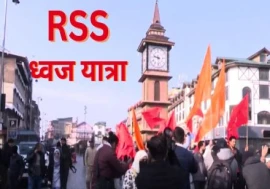

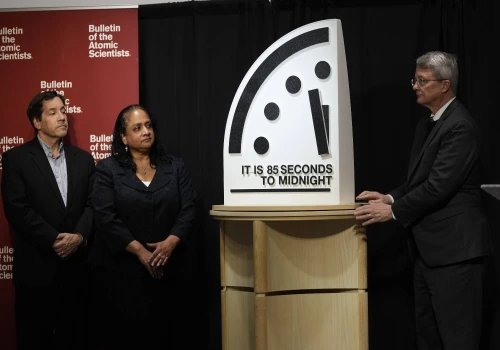

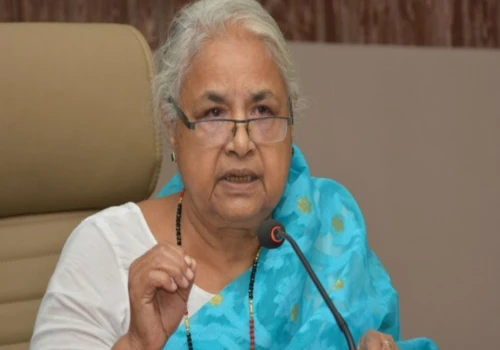
_500_x_350.webp)



